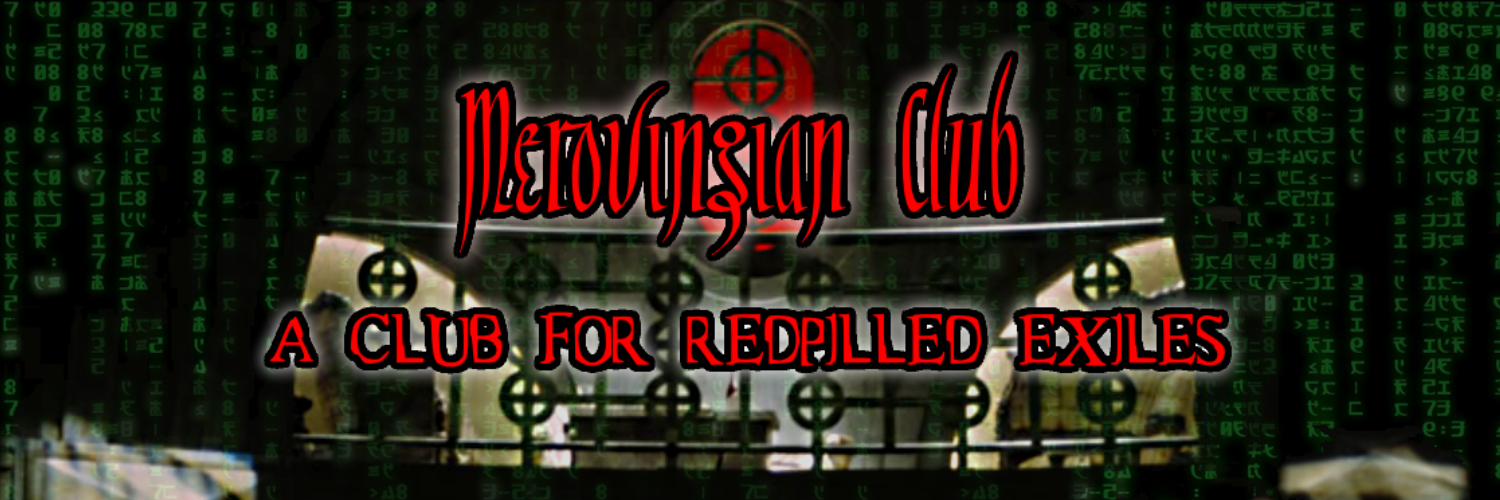Follow
@RoninGrey @KingOfWhiteAmerica
Unless the first seven ecumenical councils as listed by Eastern Orthodox say you have to believe or not believe in a specific eschatological claim then you can believe or not believe whatever you want about those eschatological claims and still be considered a member of the Eastern Orthodox Church if you meet the other membership qualifications as far as I know
https://en.wikipedia.org/wiki/First_seven_ecumenical_councils

It must be understood though; the whole Orthodox approach to the very question of “authority” is often quite distinct from Western views. The Latin Communion in Rome seem to think in terms of “will not believing this make me go to hell after I die?” By contrast, Orthodox Christians are more immediately concerned with the healing of the soul, cleansing from sin and its effects, that sort of thing. We think of Church more like a hospital, than an attorney. To me the Orthodox take makes more sense, and resonates better with the Gospel Narrative.